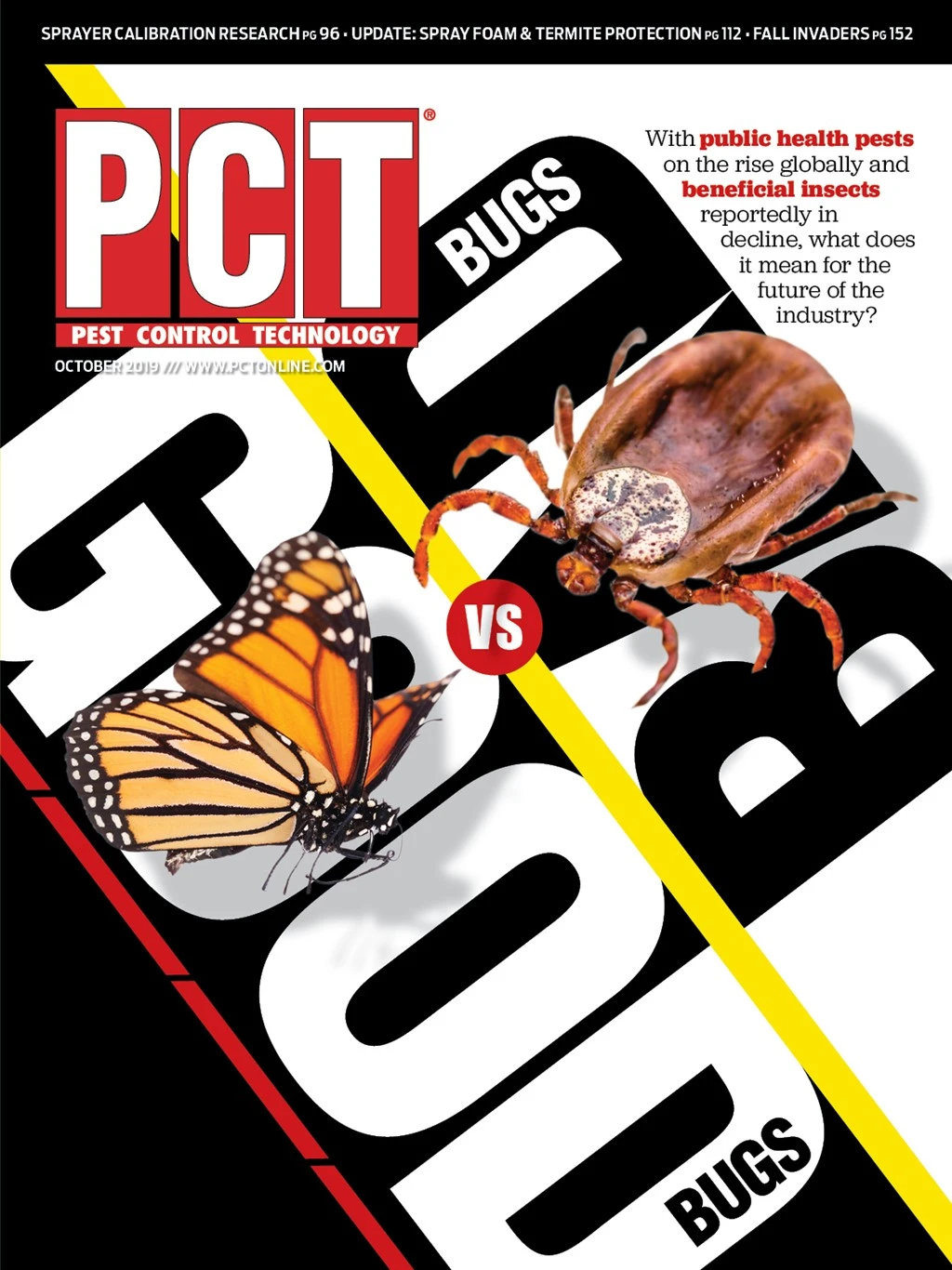
Life on Earth is dependent on a host of things to survive and thrive, including pollination, which is essential to maintaining the world’s ecosystem. Pollination is vital in the life cycle of all flowering plants and the growth of fruits and vegetables that are key to a healthy human diet. As the world observed National Pollinator Week earlier this summer, Rose Pest Solutions, the nation’s oldest pest management company headquartered in Troy, Mich., supported enterprises in Michigan, Indiana and Ohio that preserve these beneficial species.
During National Pollinator Week (June 17-23) and throughout the year, Rose partnered with local organizations and apiaries, like Gaiser Bee Company of Cincinnati, Ohio, to help spread the word about the importance of preserving pollinators and the impact they have on the environment. Gaiser and Rose teamed up to design native wildflower seed packets that customers of the apiary picked up to plant to attract honeybees to their home gardens. The partnership also included Rose’s support of Gaiser’s Host-a-Hive Program and the urban bee farm’s early spring community party.

According to the Pollinator Partnership, 75 to 95 percent of all flowering plants need help with pollination. Pollinators are key to transferring pollen within healthy and productive agricultural ecosystems. Honeybees are among the beneficial insects that pollinate more than 180,000 different plant species. Studies show honeybees make approximately 2 million flower visits to produce a pound of honey.
“Rose Pest Solutions appreciates the importance of beneficial insects in our ecosystem and we’re especially dedicated to protecting pollinators,” said Dale Hodgson, BCE, certified entomologist and regional technical supervisor for Rose Pest Solutions. “We’re proud to partner with apiaries in the markets we serve — like Gaiser Bee Company in Ohio. Honeybees are really cool insects; they help to raise people’s awareness of the importance of pollinator health, and they also help make connections between the field and the table.”

Rose explains to its commercial and residential customers that the firm works to protect beneficial pollinators. If a honeybee hive or nest is discovered on a customer’s property, Rose says it prefers safe relocation of the colony whenever possible. This may involve reaching out to a local beekeeper or relying on Rose’s internal experts that have relocated live honeybee colonies in the past.
In addition to Gaiser, Rose partners with Detroit Hives in Detroit, Mich., and The Harpur Bee Hive at Purdue University in Indiana. Source: Rose Pest Solutions

Explore the October 2019 Issue
Check out more from this issue and find your next story to read.
Latest from Pest Control Technology
- Hygiene IQ Uses Smart Sensor Technology to Detect Rodents
- Rollins Acquires Saela Pest Control
- PCT Spotlights Leaders in Pest Management for Women’s History Month
- Honey Bee Colony Losses Could Reach up to 70 Percent, WSU Researchers Report
- SiteOne Hires Dan Carrothers as Vice President of Agronomic Business Development
- U.S. Structural Pest Control Market Grew Nearly 8% in 2024, Specialty Consultants Reports
- Hands United Foundation Supports PMPs in Hardship Through Financial Relief
- Proven Pest Exclusion Solutions







